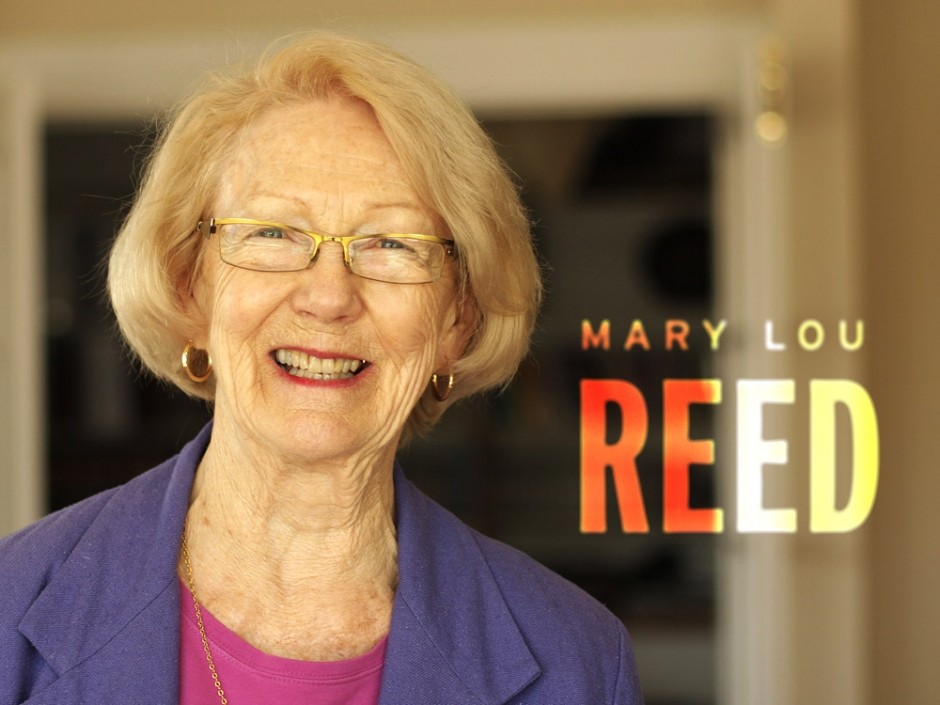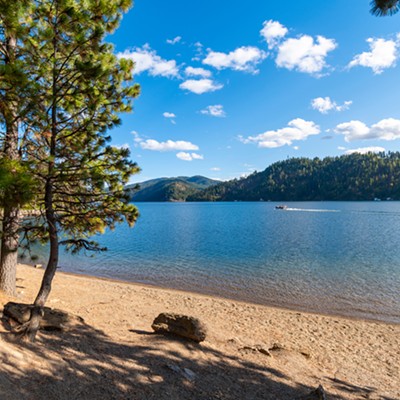“Cities are us,” I heard someone say, somewhere, sometime, and the simple message stuck. At home, across the seas, around the world, real action is in the cities, where the majority of people live. Urban activity rocks, even in potato-labeled Idaho with its miles of open space.
Last month we squired friends from Montana around Coeur d’Alene to show off the many changes taking place in our town. First the transformation of the downtown McEuen Park, still a work in progress, then the 6-year-old city library building, then on to the new Kroc Center, which is already in the process of expansion. Next the tour took us to the expanded sewage treatment plant and its giant microbe art sculptures, then to the large public art pieces by artists Michael Horswill, CJ Rench and Allen and Mary Dee Dodge on the campus of North Idaho College.
How, asked our friends, in conservative, unbelievably red-state Idaho, can so many progressive projects be taking place? Our answer: The city and its leaders are making it happen. While the very conservative legislature shortchanges public schools and state universities, Idaho cities march ahead to supply necessary services in as attractive a setting as their communities can afford.
City councilmen and women everywhere have the advantage of operating in a nonpartisan arena. On hometown territory, differences can be smoothed over around the table, over a beer or even over the back fence.
In Coeur d’Alene, the catalyst for change has been a forward-looking mayor and city council, plus an experienced, creative staff. Mayor Sandi Bloem is stepping down in December at the end of her 12 years of service. She’s been absolutely tops. The hefty contribution from the local urban renewal agency, the Lake City Development Corporation, has provided an essential money source. Many individuals and groups have brain, time and sweat equity invested in the changes.
But change does not come without controversy. We may be an adaptable species, but we’re allergic to change. Change brings discomfort and interrupts our habits. Many of our neighbors cling to childhood memories of a lazier yesteryear when days were quiet in North Idaho and nobody rushed around. Many in the Idaho Panhandle still regret the loss of timber and mining jobs. Some fester at the amount of money invested in new buildings and places while their friends or family may still be looking for a job. Some are angry at the process. Some long for the pre-Wi-Fi days when people still talked to each other over coffee. Some complaints may be valid; some complainers are just doing their thing — complaining.
The rumble of discontent will be at its loudest in the coming month, as we draw nearer to Election Day on Tuesday, Nov. 5. Into that October mix comes a vigorous new force: Coeur d’Alene Vision 2030. The week of October 7 to 11 will be CDA 2030 Exploration Week, with workshops, events and activities. Every member of the Coeur d’Alene community will be invited to participate in a broad, many-faceted survey, which details what they want Coeur d’Alene to be like in the year 2030. What do they care about the most? What do they want for their children and grandchildren? What special places are dearest to their hearts? What trends do they want to encourage? What do they want to avoid?
This visioning project has been gathering momentum over the past six months, under the guidance of City Attorney Mike Gridley, who has recruited a team of volunteers from around the city. Its kickoff comes at the perfect time, when polarizing forces are tearing at the city’s fabric.
Dr. Charles Buck, the University of Idaho’s CEO for its Coeur d’Alene campus, is chairing the management team of CDA 2030. Dr. Buck says the U of I will play an active role in the visioning project because of the impact on its future students. In addition, the university can provide the academic backing for the data collection and analysis.
Dr. Buck emphasizes the importance of collecting opinions that represent every point of view. He told me the processes must go beyond current disputes to find common ground. Recognizing the abundance of values held in common — such as good schools, public spaces, a healthy Lake Coeur d’Alene — may jar people out of their dissatisfactions.
The CDA 2030 Project has many new wrinkles to recommend it (for details, visit cda2030.org). The plan will not be a top-down academic tome that will rest on a shelf for the next 20 years. Instead, it will be accompanied by an action plan and an accountability checklist to assure that broadly supported proposals will go forward.
Yogi Berra once said, “The future ain’t what it used to be.” He also wisely opined, “If you don’t know where you are going, you might not get there.” Planning becomes ever more important as the pace of living in the world speeds up and technology continues to change our lives in surprising ways.
Heads up Coeur d’Alene: CDA 2030 is happening near you, and it’s your chance to help choose the future of your city and its environs.


















